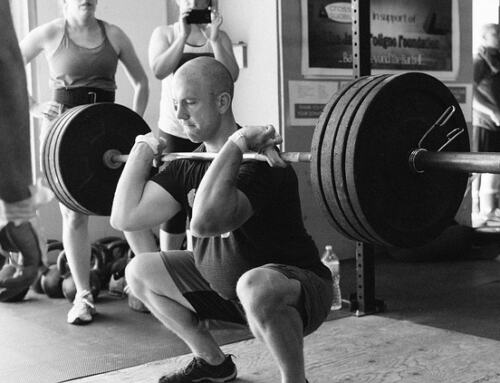50 Foods That Lower Your Cancer Risks
Finding out you have cancer risks can be one of the most distressing and defining moments of a person’s life. And, unfortunately enough, the stark picture of doctors forced to break the news is all too common. It is estimated that 39.6 percent of Americans will be diagnosed with cancer at some point in their lifetime.
Fortunately, there are ways to avoid becoming a statistic. Steering clear of excessive use of tobacco and alcohol, getting immunized for certain viral infections like Hepatitis B and HPV, as well as changing your diet are all potent ways to slash your risk of getting diagnosed. And while there’s no guarantee of living cancer-free, replacing fried foods, processed meats, and sugary treats with our 50 foods that are scientifically-proven to cut your cancer risks is a wonderful way to start. Check out the restorative foods below, and then don’t miss our exclusive report on 50 Doctor’s Own Breast Cancer Tips.
Our favorite burger toppers may do more than add a punch of umami and vitamin D to your meals. A study in the International Journal of Cancer found that Chinese women who consumed just 10 grams (the equivalent of one small veggie) or more of fresh ‘shrooms daily were about two-thirds less likely to develop breast cancer than those who avoided mushrooms. What’s more, high mushroom intake has also been associated with lower risk of breast cancer in premenopausal women.
Not only can these heart-shaped nuts help fight fatty food cravings, they can also fend off cancer cells. Walnuts contain gamma tocopherols, a vitamin that stops the activation of Akt—the enzyme essential for cancer to thrive—without affecting non-cancerous cells. Not only that, these creamy nuts also boast phytosterols, which can help regulate estrogen levels in both men and women as well as slow the growth of breast cancer cells by blocking estrogen receptors. In fact, a study in the journal Nutrition and Cancer discovered that when mice were given the human equivalent of two ounces of walnuts for a month daily, tumor growth in the walnut-eating mice slowed down to half the rate of the tumors in the mice who didn’t eat walnuts.
From pasta sauce to ketchup and cocktail mixers, tomatoes have given us some of our favorite pantry staples. But did you know that they also help reduce women’s risk of developing breast cancer? A study in the Journal of the National Cancer Institute found that women with the highest levels of lycopene, a carotenoid found in tomatoes, had a 22 percent decreased risk of developing cancer, while women with the highest levels of carotenoids in general had a 19 percent lower risk.
Sweet potatoes, another reddish veggie is rich in carotenoids—specifically, beta-carotene. The same Journal of the National Cancer Institute study found that women with the highest levels of beta-carotene in their blood had a 17 percent lower risk of developing certain types of breast cancer. Experts speculate that carotenoids contain compounds that help regulate cell growth, defense, and repair. To get the most bang for your carotenoid buck, scientists recommend blanching the potatoes and then seasoning.
Cracking open a pomegranate is probably one of the best things you can do for your health and flat belly goals. The fiber-rich arils (the edible, bursting seeds in the fruit) can actually help your body inhibit the growth of hormone-dependent breast cancer, a study published in Cancer Prevention Research proves. The ellagic acid in pomegranates can potentially protect against breast cancer by suppressing estrogen production and preventing the growth of cancer cells. And they’re not the only health food staples rich in ellagic acid; raspberries, strawberries, cranberries, walnuts, and pecans are, too.
Broccoli may not have been your dinner side of choice when you were a kid, but since your palate has likely matured since then, we’re going to fill you in on a little secret: sulforaphane, an anti-inflammatory compound found in the veggie, has been shown to zap away breast-cancer-causing chemicals and inhibit the growth of breast cancer cells. Wondering how to reap the most benefits out of your broccoli? Steam it! Cooking the veggie in vapor will also ensure it’s flat belly-friendly, too.






